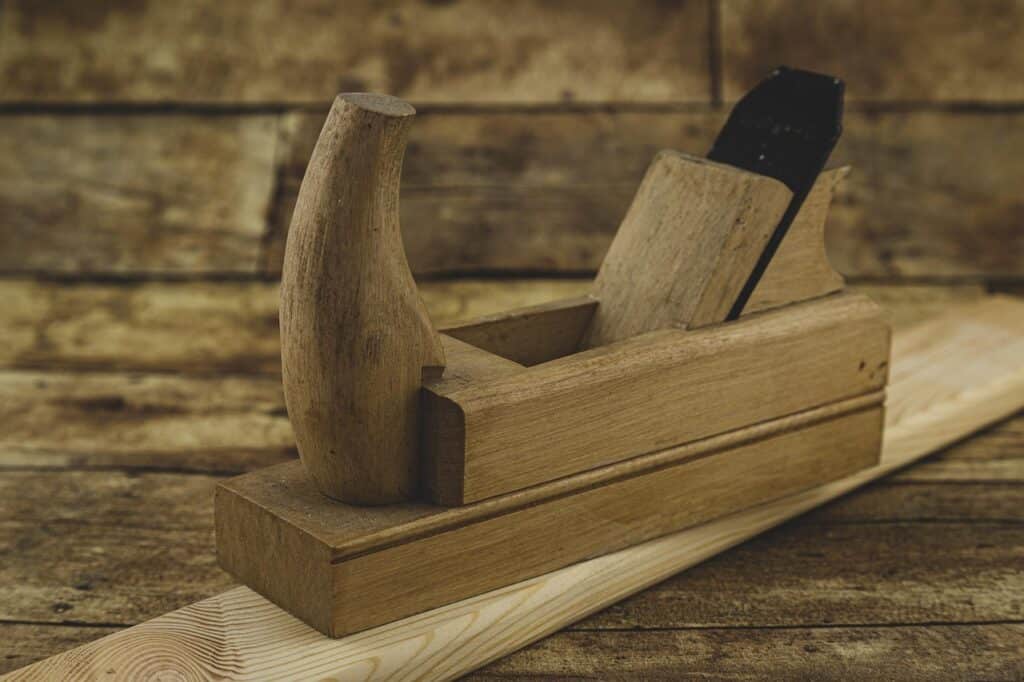
DIY work can include many different skills and ideas, from adding small decorations to building entire rooms. This wealth of options is great for providing opportunities, but it can also make the DIY world difficult to approach for newcomers. Where do you start if you’re a beginner, and how do you know if you’re approaching DIY in a way that you can manage?
Pick What You’re Interested In
The best starting position in DIY work is to find something close to what you already enjoy. If you’re a fan of sewing clothes, for example, you might want to find DIY projects that leverage your experience and existing skills.If you’re more of a jack-of-all-trades or don’t know where to start, consider exploring local markets to get an idea of what you might like to explore. These exist all over the UK, with sites like the Makers Market in Manchester offering a huge number of stores to investigate.

Build Your Skill Base
Even if you have a specific project you want to tackle, it’s best to begin slowly instead of trying to complete a major complicated job instantly. If possible, try to separate a job into smaller parts, and see which skills in these jobs you need to improve. From here, you can learn on your own or seek a training workshop.
Classes across the UK often have space for adult learners, from woodworking courses in Leeds to sewing classes in Liverpool. Look and you’ll find places to learn with similarly skilled DIY fans, or you could start slowly and track down the many great YouTube tutorial channels to help you along.

When is DIY Worth the Effort?
There is often concern from people in DIY that anything not perfect is wasted time. This is far from the case, as any time you enjoy and learn from the process, you’ve succeeded in an appreciable way. Whenever you don’t like the result, you can try again, improving and tracking your progress to see how far you’ve come. You can even use DIY skills as a way to meet others with similar interests, websites like Meetup in London even have a specific category for DIY lovers, adding potential friendships as another benefit.
Quality work that you install can also be used to improve the value of your home if you eventually choose to sell. Traditional estate agents and online sales services like We Buy Any Home in Leicester take this work into account when calculating their prices. With users receiving funds in as little as seven days, DIY can provide a path to a better sale, and this will apply no matter where in the UK you live.

No matter your interests and abilities, there’s something in DIY for you. From the most experienced craftsmen to a complete beginner, it’s about starting what you’re passionate about, learning as you go, and understanding that there is value even in mistakes. Keep an open mind, don’t rush along, and you could find a new hobby or skill to embrace in the years and decades to come.
- 3shares
- Facebook0
- Pinterest0
- Twitter3
- Reddit0



